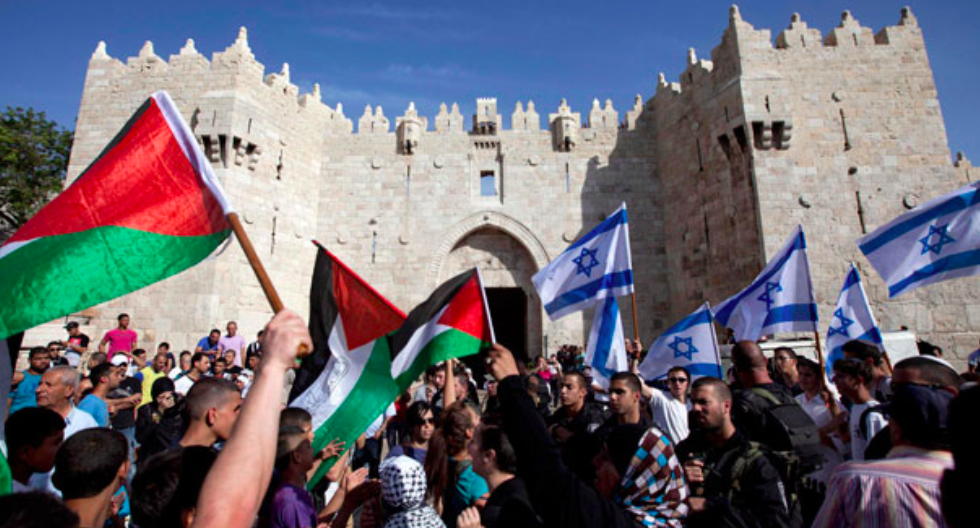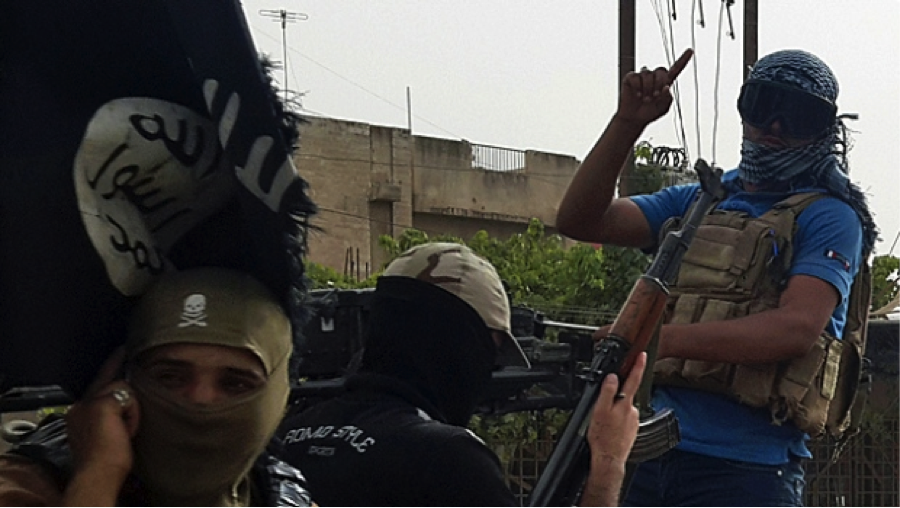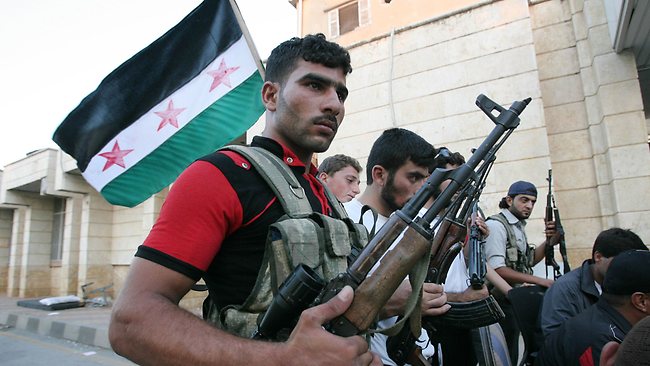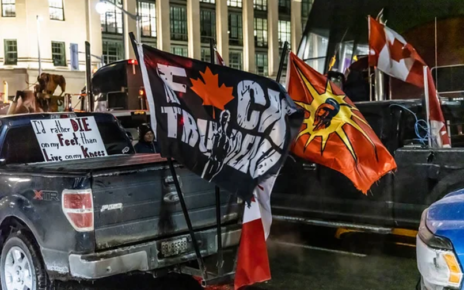Over the last few weeks, renewed bouts of violence in Israel once again garnered international attention. The continuous struggle between Israelis and Palestinians has remained one of the world’s most intractable conflicts. Deeply rooted in history, culture, religion and territorial rights, the Israeli-Palestinian conflict has manifested itself by profound detestation permeating all sides of a self-destructive struggle.
The international community has repeatedly called for the non-invasive solution of “living peacefully”, an expression as ambiguously worded as it is unrealistically implemented. Recently, serious concerns were raised over the persistent murders of young citizens on both sides of the conflict. Even the United States of America – Israel’s greatest ally – have called for the speedy investigation of Israeli police brutality against 15-year -old Tariq Khdeir, a Florida-based American of Palestinian descent.
The international community has repeatedly called for the non-invasive solution of “living peacefully”, an expression as ambiguously worded as it is unrealistically implemented.
The teenager is a cousin of Mohammed Abu Khdeir, the 16-year-old Palestinian whose abduction and murder triggered violent riots last month. Further reports confirming that Mohammed Abu Khdeir was burned alive only fuelled the rising instability throughout East Jerusalem and several Arab-Israeli towns. His murder became a rallying point, promoting solidarity amongst Arab groups. Amidst the violent riots that followed his death, thousands also attended his funeral on July 4, held near the Shufat district of East Jerusalem.
Although the motive behind his tragic end is still unclear, many, including his family, believe it was an act of revenge. One month earlier, on June 30, 2014, the bodies of Israeli teenagers Eyal Yifrach (19), Naftali Frenkel (16) and Gilad Shaar (16) had been found near the West Bank city of Hebron. The funeral for the three Jewish adolescents was held on the same day Mohammad Abu Khdeir was seen being forced into a car.
In response to such mounting tensions and the sudden exertion of US pressure, the Israeli police claimed the recently attacked Tariq Khdeir was amongst a group of masked Palestinians who were assaulting police officials. However, Khdeir’s family refuted the story, a denial corroborated by mobile phone footage clearly depicting two Israeli border policemen holding down an unaccompanied Tariq Khdeir. The captured footage clearly shows the border officers punching the young American in the head repeatedly. In the photographs taken after the assault, Tariq is unrecognisable, his severely swollen face dotted by two blackened eyes and a sore, bruised lip.
The fact that these violent actions were carried out towards an American minor directly involve U.S. authorities. National State Department spokeswoman Jen Psaki stated that a consulate official visited Tariq Khdeir on Saturday, while he was still detained in custody. Psaki addressed the incident publically, stating:
“We are profoundly troubled by reports that he was severely beaten while in police custody and strongly condemn any excessive use of force […] We are calling for a speedy, transparent and credible investigation and full accountability for any excessive use of force.”
In response, the Israeli Justice Ministry stated that a proper investigation was being conducted, and that official results would be made public soon. In the meantime, police officials have their hands full with increasingly reported disturbances throughout East Jerusalem. Cars have been torched, Jewish drivers attacked, roads closed, and Gaza rockets fired.
Such a dangerous escalation of violence across Israel is but a reminder of the severe instability that almost single-handedly defines the 66-year-old nation. The increasing involvement of minors, both locally and internationally, is a particularly troubling trend. Some have accused the U.S. of hypocrisy, involving itself only when one of their own citizens was attacked. Otherwise, the country that most funds Israeli military expenses seems to have turned a blind eye.
Either way, with this progressive, toxic behaviour pervading the region, it is difficult to imagine the Israeli-Palestine Conflict mellowing down any time soon. What measures should be taken immediately so as to avoid another war? Is a stronger military force, with enhanced security, the best bet we have? Many Israeli officials seem to think so. Now that the international community has been directly involved, with one of its citizens almost being beaten to death, could there be a stronger argument for an arguably long overdue, multi-lateral involvement? Is an emergency international conference perhaps necessary? Who has the right to make that decision?





